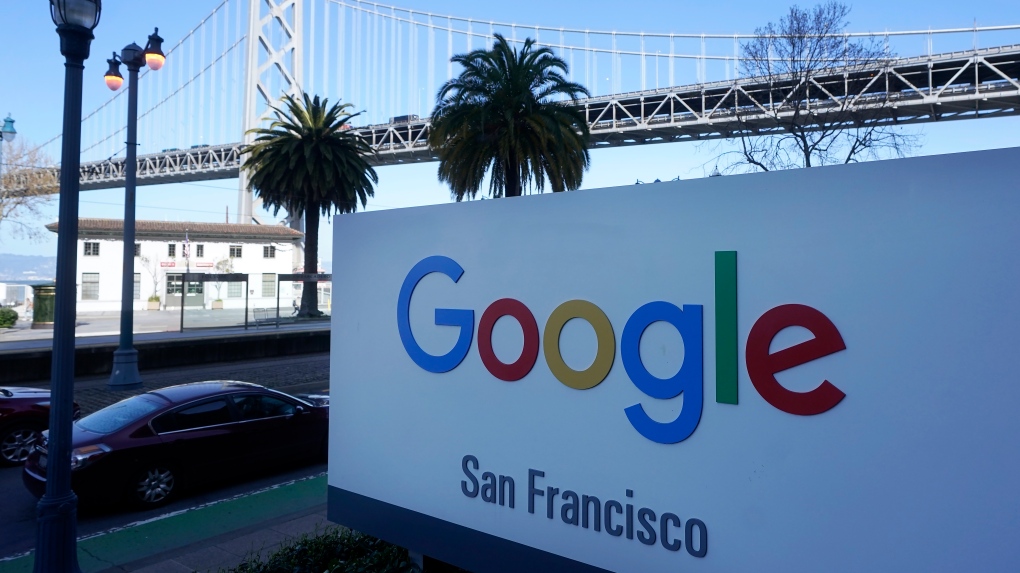
Google's search engine is an illegal monopoly, U.S. Justice Department says
CTV
Google's preeminence as an internet search engine is an illegal monopoly propped up by more than US$20 billion spent each year by the tech giant to lock out competition, U.S. Justice Department lawyers argued at the closings of a high-stakes antitrust lawsuit.
Google's preeminence as an internet search engine is an illegal monopoly propped up by more than US$20 billion spent each year by the tech giant to lock out competition, U.S. Justice Department lawyers argued at the closings of a high-stakes antitrust lawsuit.
Google, on the other hand, maintains that its ubiquity flows from its excellence, and its ability to deliver results customers are looking for.
The U.S. government, a coalition of states and Google all made their closing arguments Friday in the 10-week lawsuit to U.S. District Judge Amit Mehta, who must now decide whether Google broke the law in maintaining a monopoly status as a search engine.
Much of the case, the biggest antitrust trial in more than two decades, has revolved around how much Google derives its strength from contracts it has in place with companies like Apple to make Google the default search engine preloaded on cellphones and computers.
At trial, evidence showed that Google spends more than US$20 billion a year on such contracts. Justice Department lawyers have said the huge sum is indicative of how important it is for Google to make itself the default search engine and block competitors from getting a foothold.
Google responds that customers could easily click away to other search engines if they wanted, but that consumers invariably prefer Google. Companies like Apple testified at trial that they partner with Google because they consider its search engine to be superior.
Google also argues that the government defines the search engine market too narrowly. While it does hold a dominant position over other general search engines like Bing and Yahoo, Google says it faces much more intense competition when consumers make targeted searches. For instance, the tech giant says shoppers may be more likely to search for products on Amazon than Google, vacation planners may run their searches on AirBnB, and hungry diners may be more likely to search for a restaurant on Yelp.
